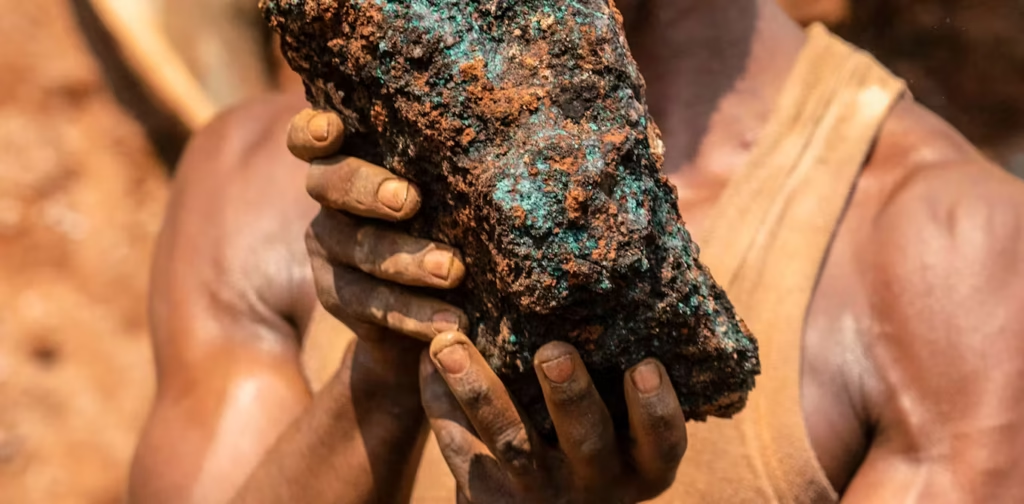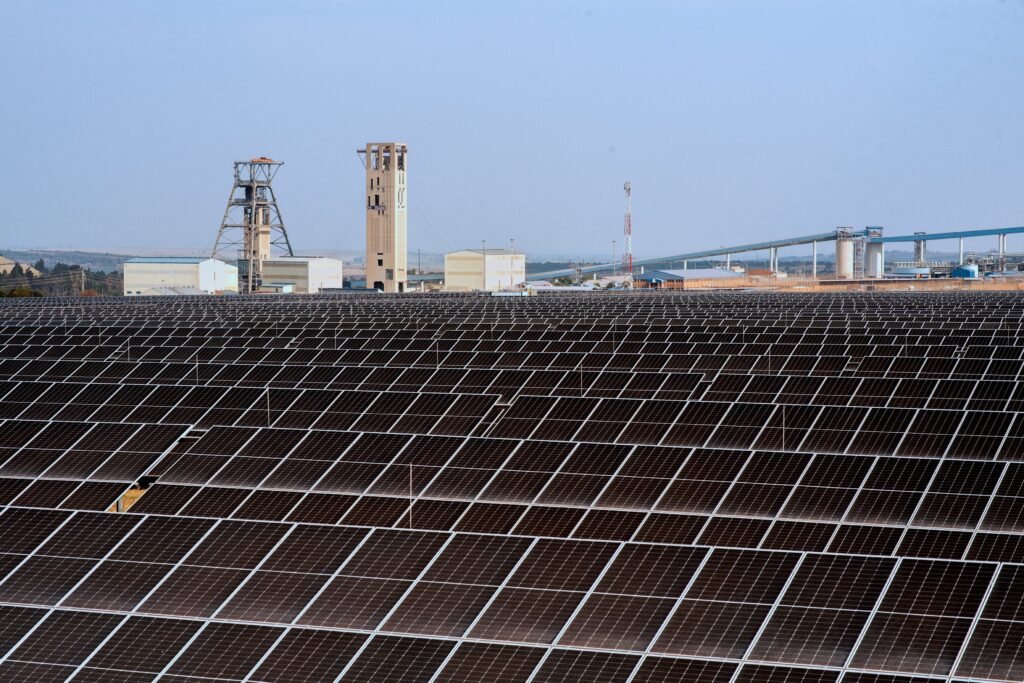Africa Mining Countries

Africa is home to some of the world’s most resource-rich nations, with mining playing a central role in economic development across the continent. From gold and diamonds to cobalt, lithium, and copper, several African countries are key suppliers to global industries, especially in clean energy and technology.
Here’s a concise overview of the top mining countries in Africa, their major minerals, and global significance.
1. Top Mining Countries in Africa
| Country | Key Minerals | Global Rank / Significance |
|---|---|---|
| Democratic Republic of Congo (DRC) | Cobalt, Copper | #1 cobalt producer (70%+ global supply) |
| South Africa | Platinum, Gold, Chromium, Manganese | #1 PGMs; major gold and coal producer |
| Ghana | Gold | Africa’s top gold producer |
| Zimbabwe | Lithium, Platinum, Gold | Fast-growing lithium hub |
| Namibia | Uranium, Lithium, Diamonds | Leading uranium exporter |
| Mali | Gold, Lithium | West Africa’s gold leader; Goulamina lithium project |
| Zambia | Copper, Cobalt | Core of the Central African Copperbelt |
| Guinea | Bauxite | World’s largest bauxite reserves |
| Botswana | Diamonds | One of the world’s top diamond producers by value |
| Tanzania | Gold | Major East African gold producer |
2. Regional Mining Hubs
Southern Africa
- South Africa: Deep-level gold and platinum mines
- Zimbabwe & Namibia: Emerging lithium and critical mineral centers
- Zambia & DRC: Copper-cobalt belt powering EV battery supply chains
West Africa
- Ghana, Mali, Burkina Faso: Gold powerhouse region
- Guinea: “Saudi Arabia of Bauxite”
- Nigeria & Côte d’Ivoire: Growing exploration activity
East Africa
- Tanzania: Large-scale gold operations
- Kenya & Ethiopia: Early-stage base and industrial mineral projects
Central Africa
- DRC: Dominates global cobalt market
- Angola: Oil and diamond production

3. Economic Impact of Mining
Mining contributes significantly to national economies through:
- Export earnings – Minerals account for up to 90% of exports in DRC and Botswana
- Government revenue – Taxes, royalties, dividends
- Employment – Millions employed directly and indirectly
- Infrastructure development – Roads, power, rail linked to mine sites
4. Investment Climate and Challenges
Favorable Conditions:
- Rich geological endowment
- Government incentives in Ghana, Botswana, Namibia
- Growing focus on local processing and beneficiation
Challenges:
- Political instability (e.g., parts of DRC, Mali)
- Regulatory uncertainty and licensing delays
- Infrastructure gaps (power, transport)
- Artisanal mining conflicts and informal trade

FAQs
Q1: Which African country is the biggest miner?
A1: The DRC leads in strategic importance due to its dominance in cobalt and copper, while Ghana tops gold output.
Q2: Where is lithium mined in Africa?
A2: In Zimbabwe, Namibia, Mali, and Ghana, with Zimbabwe leading in spodumene production.
Q3: Is Africa rich in rare earth elements?
A3: Yes—deposits exist in Burundi, Malawi, South Africa, and Kenya, with growing exploration interest.
Conclusion
The top mining countries in Africa are vital to the global supply of critical and precious minerals. As demand for battery metals and clean energy materials grows, these nations are positioned to play an increasingly strategic role in the world economy.

